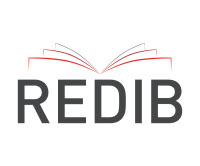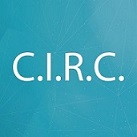Funcionalismo linguístico e ensino de português: convergências, possibilidades e prática docente
DOI:
https://doi.org/10.21680/1517-7874.2022v24n1ID29367Abstract
Considering the researches that are committed to the contributions of Linguistics to language teaching, in this paper we analyze the convergence between the theoretical-methodological assumptions of Functional Linguistics and the Portuguese language teaching in Basic Education. We aim to explain the existence of three phases of North American functionalist investigations in the interface with Portuguese teaching in the Brazilian context. We base our research on the theoretical and methodological postulates of North American Functional Linguistics and on the national curriculum guidelines for Portuguese language teaching in Brazil. It is a bibliographical, descriptive-explanatory research, with a qualitative-interpretative approach. We conclude that, although the theoretical framework of American functionalism is not essentially focused on language teaching, there is a movement of Brazilian functionalist researchers in this direction from three different phases: i) the establishment of a theoretical dialogue between the premises, the objectives and the procedures of analysis of LF and the educational guidelines that underpin the teaching of Portuguese language in Brazil; ii) the approximation through suggestions of methodological directions aimed at the teaching of Portuguese language, but without intervention in the school environment; iii) the elaboration and application of interventionist proposals in classrooms of Basic Education.
Downloads
Downloads
Published
How to Cite
Issue
Section
License
Copyright (c) 2022 Revista do GELNE

This work is licensed under a Creative Commons Attribution-NonCommercial-ShareAlike 4.0 International License.

Este trabalho foi licenciado com uma Licença Creative Commons - Atribuição - NãoComercial - CompartilhaIgual 3.0 Não Adaptada.
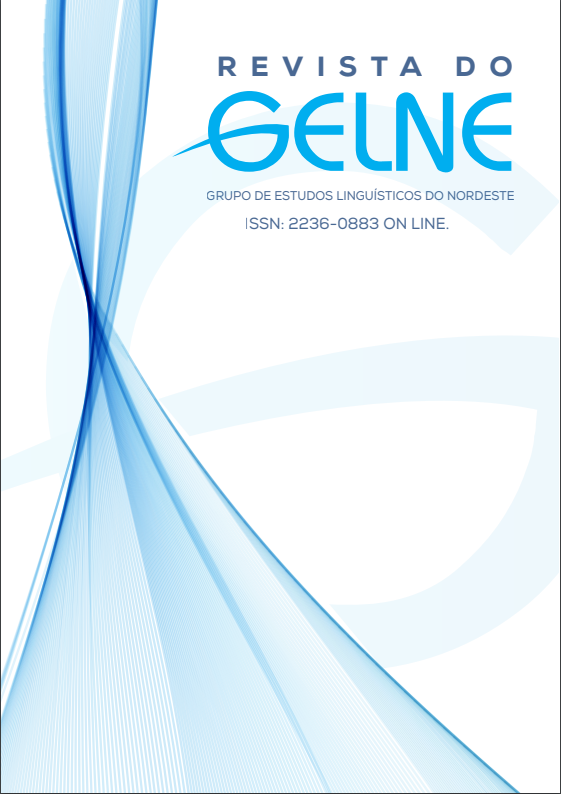
 Português (Brasil)
Português (Brasil) English
English Español (España)
Español (España)






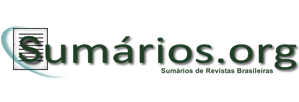

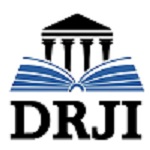
.jpg)
